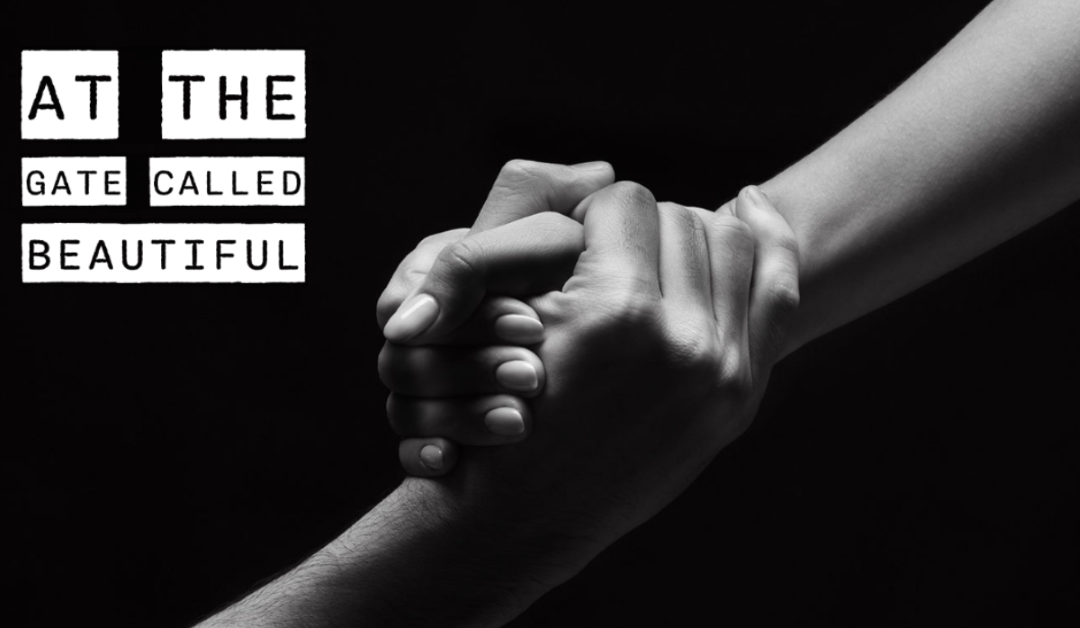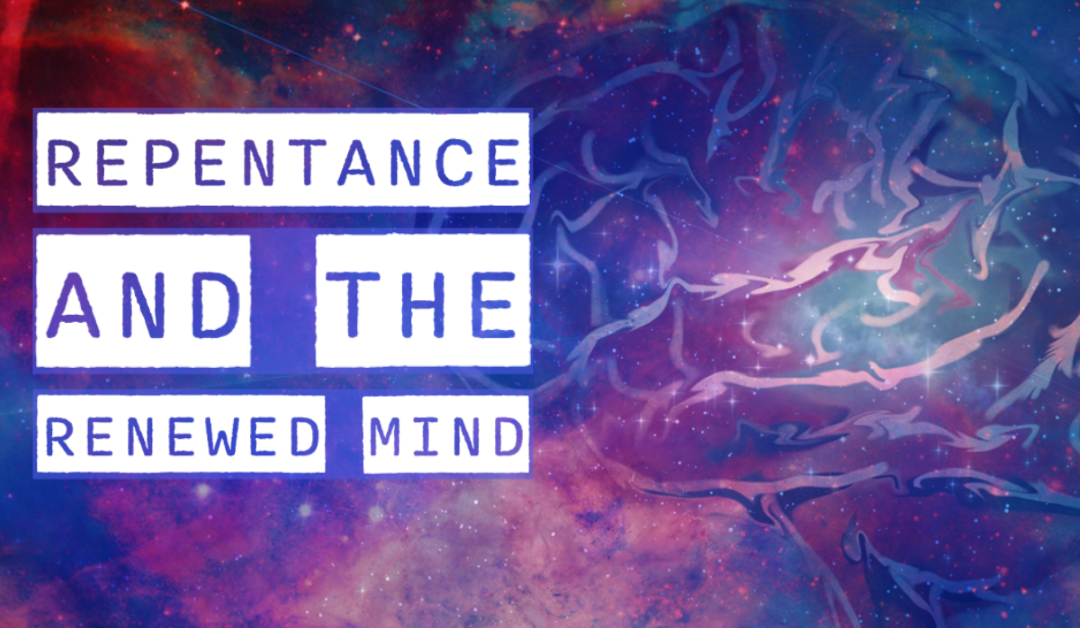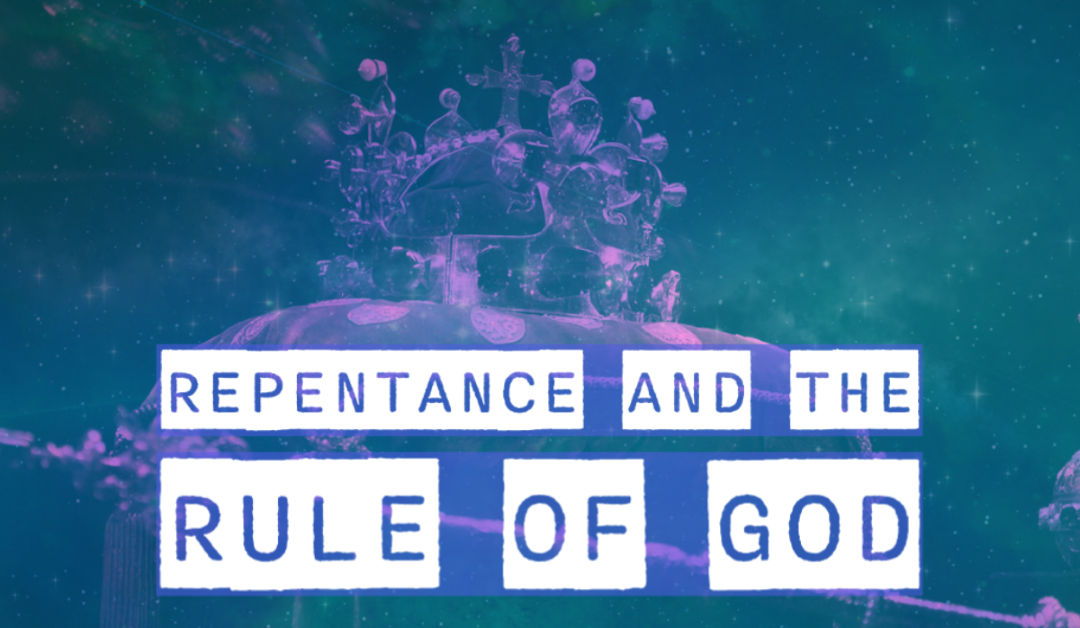CONSERVATIVES ARE HAPPIER THAN LIBERALS: DO YOUR VALUES PLAY A ROLE IN YOUR MENTAL HEALTH?
Romans 12:1-2: Therefore, I urge you, brothers and sisters, in view of God’s mercy, to offer your bodies as a living sacrifice, holy and pleasing to God—this is your true and proper worship. 2 Do not conform to the pattern of this world, but be transformed by the renewing of your mind. Then you will be able to test and approve what God’s will is—his good, pleasing and perfect will.
Samuel D. James (author of Digital Liturgies) recently wrote a short article entitled “Part of a Christian’s Job is to Point Out that Modern Life Stinks”.
“Part of the evangelical witness right now should be to point out that modern life stinks. Its technology makes us lonely. Its sexuality makes us empty. Its psychotherapy makes us self-obsessed. Many people are on the brink of oblivion, held back in some cases only by medication or political identity. We struggle to articulate why we should continue to live. Evangelicals should jump in here.”
One of the things he points out earlier in this article is that young liberal Americans seem to suffer from more mental health issues than their conservative peers. Many studies over the years have supported this claim. (eg: Bullenkamp & Voges, 2004; Duckworth et al., 1994; Guhname, 2007; Howard & Anthony, 1977; Kelly, 2014; Unorthodox Theory, 2020).
An article on American Enterprise Institute’s website seems to go even further, implying that liberals, or left-leaning individuals seem to be less happy in general – and not just in terms of mental health.
A recent study by Colombia University (The Politics of Depression) has shown that teenagers from conservative families “… reported lower average depressive affect, self-derogation, and loneliness scores and higher self-esteem scores than all other groups.”
Other studies have also shown that the children of parents who hold to traditional family values and more conservative wolrdviews have better mental health and seem to adjust better to the pressures of modern life.
As a young-ish South African and Pastoral/Addiction counsellor I can vouch for the fact that it seems to be true outside of the USA as well. If I think about the overall mental health and happiness levels of the congregations I have been involved in there is a clear difference between the ‘woke’ and those who have woken up.
I have also noticed that those who hold more conservative views recover faster from drug addiction and tend to have a stronger recovery than their more liberal counterparts.
Our society IS failing. Our society is falling apart.
As the WOKE agenda slowly takes over worldwide we see an increase in identity confusion, mental health issues, drug and digital addictions, the breakdown of marriages and dissolution of families.
The fight for social justice, in many cases, has achieved the opposite end – drawing clear lines in the sand and intensifying racial and class conflict – instead of addressing it, it has made things worse and encouraged aggressive activism and even terrorism.
As James so aptly states in his article: “Its technology makes us lonely. Its sexuality makes us empty. Its psychotherapy makes us self-obsessed.”
Our modern society and its solutions are not solutions at all, but rather part of the problem.
The WOKE agenda is totalitarian in nature. It is all about cancelling and censoring anything that goes against its often anti-Christian values and views. The freedom it promises produces only fetters and chains.
The issues we face as a society is not to be taken lightly – we have to realize that it is very much a a call for a return to more traditional, more conservative values.
This is a call for the renewing of our collective conscience. It is time that the church takes its place as the voice of reason once more.
When I Was A Child: Making Up My Mind
1 Corinthians 13:11: When I was a child, I talked like a child, I thought like a child, I reasoned like a child. When I became a man, I put the ways of childhood behind me.
An open mind – just like an open door – is not always a good thing. It can easily be an entrance for unwanted visitors.
I grew up in church. As a youth I dropped out of conventional schooling and most of my teenage years were spent in the safe confines of church and home.
At home we were taught the traditional values of faith and family, and the church I grew up in held rather conservative and uncompromising views.
As an avid reader, devouring whatever came my way, and being a fan of punk music, I found myself struggling to reconcile the left and the right sides of my moral brain. Secular wisdom seemed to be more inclusive than the church. More understanding of my humanity. More accepting of my flaws.
It was okay to be who I wanted to be.
But the church wanted to change me.
The church preached righteousness and holiness. The church seemed to want us all to look the same, think the same and act the same.
I grew to like the idea of ‘non-religious’ happy clappy hippy Jesus – the Jesus who loved everyone regardless and just said ‘come as you are.’ I often said: “Jesus did not come to bring us religion. He came to bring us a relationship.”
The Jesus with open arms. The Spotless Lamb.
But that’s not who He is.
Jesus us to challenge us. He wants us to change.
Jesus was not some woke hippy – He was not just some radical – He was a REFORMER.
The Jesus of the Bible is a Man of Action, the Son of God – our Royal High Priest, our Redeemer, the Deliver – the one Revelation calls Faithful and True. His eyes burn like fire and His voice roars like the ocean tumult. Jesus is the love and mercy of God extended towards mankind, but He is also the image of the righteous, jealous, holy God of Heaven.
Yes, He is the Spotless Lamb slain for our transgressions – but He is also the very imprint of righteousness. He came to reconcile us with God. To bring us back into RIGHT STANDING – not just ‘relationship’.
Yes, He loves us – unconditionally. He loves you for who you are right now – but He loves you so much that He does not want you to stay where you are. He wants you to be better. He wants you to be transformed by His love, He wants to rewrite your life with His mercy – He wants to restore you to the blueprint HE HAD IN MIND for your life.
Love is unconditional. Relationship – right standing – is not. Relationships have conditions. Relationships have requirements. Relationships take work.
When I was a child, much like Paul, I reasoned like a child.
I did not like religion. I felt it was judgemental – but it wasn’t. I was very much wrong. I had stuff in my life – stuff that wasn’t good for me. Sin. Desires. A carnal mind.
My friends did not like religion. They felt it was judgemental. They felt judged. But this judgement was not judgement at all – it was the conviction of the Holy Spirit, and they chose to ignore that still small voice. My ‘compassion’ for my friends often drove me to ignore the unction of the Spirit in my own heart as I struggled with the concept of accepting the sinner without accepting their sin.
In retrospect our arguments against the legalism and strictness of religion is often nothing more than an adolescent tantrum – the results of reasoning like children. The fight against the boundaries and parameters of God’s Word is akin to a child crying because he can’t have his way.
I had to repent.
I had to grow up. I had to wake up.
The Wake Up Call
James 4:4: “You adulterous people, don’t you know that friendship with the world means enmity against God? Therefore, anyone who chooses to be a friend of the world becomes an enemy of God. “
It is time for the church to wake up.
We have flirted with political correctness for long enough.
It is time that the church comes back to a place of preaching truth. No compromise. It is time we start, once more, to call a spade a spade.
When I was young I reasoned like a child. I was very much left leaning in my thinking. Very much liberal. I thought myself enlightened.
But there was a constant darkness in my head. A looming depression. A constant anxiety. My enlightenment led to a shadow life of drugs and rebellion.
Thank God, He brought me back.
Flirting with the broad and easy leads to destruction.
There is a solution to the problems we are facing today. There is a solution to the constant anxiety and depression. There is a solution to this mass crisis of identity. There is hope.
There is a solution to the issues caused by the WOKE agenda.
WAKE UP!
There is a solution to the issues caused by this so-called enlightenment!
THE LIGHT OF THE WORLD!
It is actually quite simple.
There is a solution.
JESUS!
Wake up o sleeper! It is time to rise from the dead! Wake up o sleeper! Let Christ shine on you!
To the church of Ephesus, Paul writes the following:
1 Follow God’s example, therefore, as dearly loved children 2 and walk in the way of love, just as Christ loved us and gave himself up for us as a fragrant offering and sacrifice to God.
3 But among you there must not be even a hint of sexual immorality, or of any kind of impurity, or of greed, because these are improper for God’s holy people. 4 Nor should there be obscenity, foolish talk or coarse joking, which are out of place, but rather thanksgiving. 5 For of this you can be sure: No immoral, impure or greedy person—such a person is an idolater—has any inheritance in the kingdom of Christ and of God.[a] 6 Let no one deceive you with empty words, for because of such things God’s wrath comes on those who are disobedient. 7 Therefore do not be partners with them. (Ephesians 5:1-6).
Elsewhere in his epistle to the Corinthians he writes: Love does not delight in evil but rejoices with the truth. (1 Cor 13:6).
You will know the Truth – and the truth will set you free.
The Truth is this.
God wants you to be happy.
If you are not happy it very much does mean that there is something that needs to change.
Often this change can be accomplished by making the decision to change.
I say this as someone who has faced anxiety, depression, trauma, addiction and a multitude of other situations and circumstances in my life. I am no stranger to temptation. Even as a Christian, in years gone by, I lived a carnal life. At times, even, a godless, wicked life.
I am the first to admit that I have been a wretched and terrible sinner in my time. I am not perfect – and never will be.
If it was not for the grace and love of God, where would I be?
God wants us to be happy. And since my return to the fold – since my own journey of repentance – a journey of continual and daily repentance and seeking after His holiness and righteousness – I have found happiness. I have found satisfaction and contentment. The darkness has subsided.
Friendship with the world is enmity with God. Compromising with sin and the agenda of this world system is enmity with God – is to fall out of right standing with God.
To be an enemy of God is the epitome of unhappiness.
God wants you to be happy.
So come home! Dear sinner, come home!
Ephesians 5:1: gives us the key to happiness: BE IMITATORS OF CHRIST!
Live as He lived. Walk as He walked. In all truth and righteousness, pure and holy with a heart that seeks to please the Father. He showed us what it means to speak the truth in love.
Jesus showed us the straight and narrow and how to walk on it. He is the Way – we are called to walk IN HIM. IN TRUTH. IN RIGHTEOUSNESS. HOLY UNTO GOD.
I really really tried to be WOKE… But I’ve been much happier since I chose to wake up instead.
And the phone is ringing for you. This is your wake up call.
Stop caring about public opinion. Stop worrying about political correctness. Stop worrying about whether or not you are going to offend your neighbour with the Truth – the Truth is supposed to be challenging. The Truth is supposed to be offensive. The Truth is supposed to shake you a little. That’s how you wake up.
We need to repent of our sin and unrighteousness – and this includes our sin-by-proxy. If we want to see change in our world we need to be serious about addressing sin and unrighteousness, not only our lives, but also in our culture.
As Edmund Burke supposedly said, or perhaps John Stuart Mills: “The only thing necessary for the triumph of evil is for good men to do nothing.”
Charles Spurgeon said: “If sinners be damned, at least let them leap to Hell over our dead bodies. And if they perish, let them perish with our arms wrapped about their knees, imploring them to stay. If Hell must be filled, let it be filled in the teeth of our exertions, and let not one go unwarned and unprayed for.”
We need to start speaking the truth. My friend and fellow minister Erick Bouwmeester writes the following in his book (LOVE BEYOND WORDS): “We are called to be ambassadors for Christ. If we are walking around not speaking the truth then we have very little or no witness to the a world desperately crying out for us to be deliverers of THE TRUTH.”
Repent. Wake up. Let Christ shine in you.
Let us – one by one – return to God – and let Christ shine in us so brightly that tribes, peoples – even nations return to Him as well.
Let us live good lives guided and defined by Christian values and Godly truth, so much so that our children, and their children, from generation to generation might see the Face of the Lord shine upon them.
Let our lives proclaim the Gospel of Jesus: THE TIME IS NOW! REPENT FOR THE KINGDOM OF GOD IS HERE! (MARK 1:15)
Selah.






